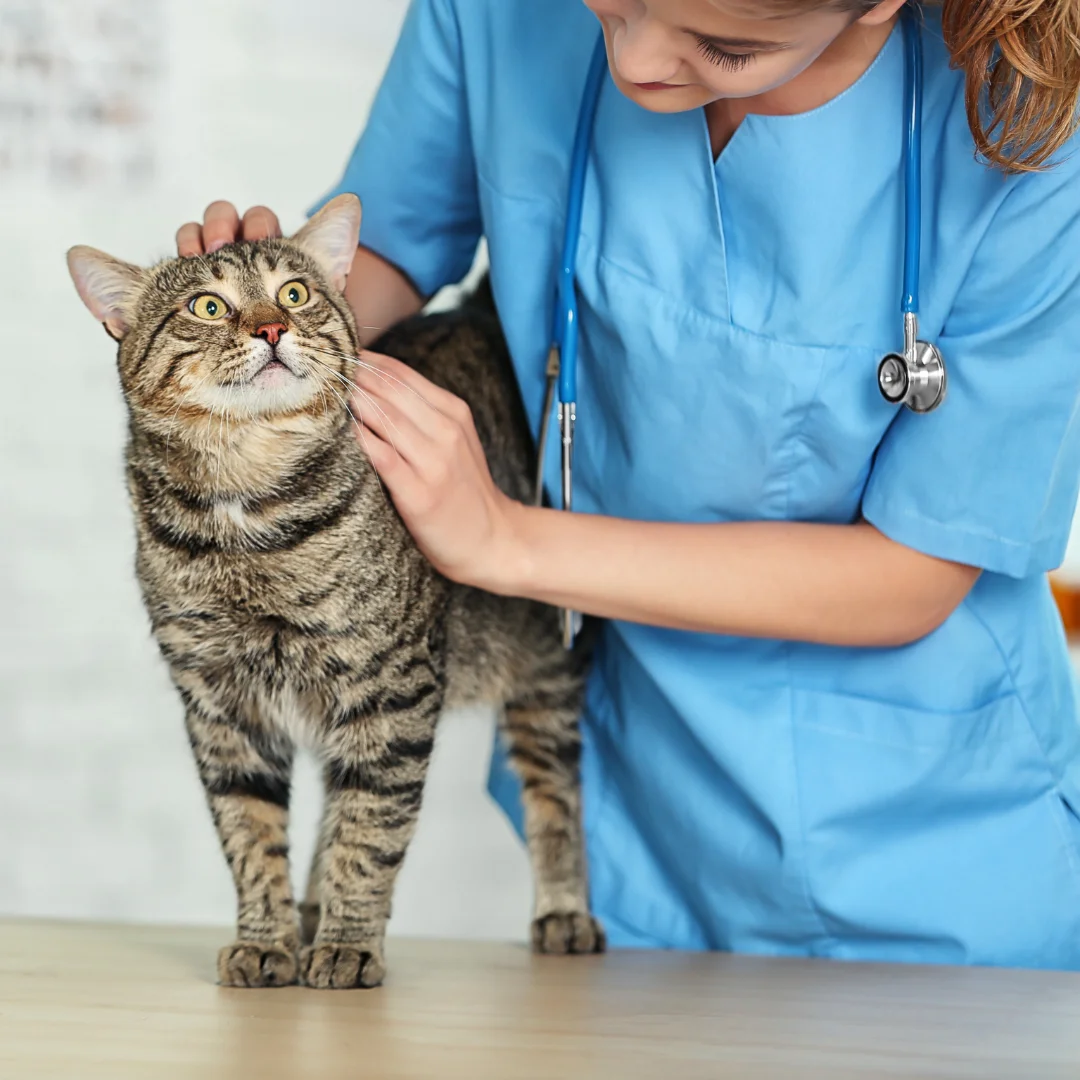Meow there, fellow cat lovers! Today, I have a purr-sonal story to share with you all about what happens when you don’t deworm your cat on time. As a responsible cat parent, I always made sure to keep my cats’ health a top priority. But life sometimes throws unexpected challenges our way, and there was a time when financial struggles led me to overlook my cat’s deworming schedule. In this blog, I’ll walk you through my experience and the direct and indirect symptoms I observed when my cat’s deworming was two months overdue. Let’s learn together about the consequences of not deworming cats on time and why timely treatment is crucial for our fur babies’ well-being.
What is Deworming?
Deworming is a treatment that targets internal parasites such as roundworms, tapeworms, hookworms, and whipworms. These parasites can infect cats through contaminated food, water, or contact with infected animals. Once inside the cat’s body, these parasites can cause a range of health problems if left untreated.
Deworming Process:
The veterinarian will simply give a tablet to your cat, which will get rid of internal worms and parasites within three days. You can do it at home as well if you are comfortable with it; you can even hide the tablet in your feline’s pate food and feed it to them.
Common Internal Parasites:
There are various types of internal parasites that can affect cats. Roundworms are one of the most common parasites in cats and can be transmitted to humans as well. Tapeworms are another common type, and cats can contract them by ingesting infected fleas or rodents. Hookworms and whipworms are less common but equally harmful to your cat’s health.
What Happens When You Don’t Deworm Your Cat on Time?
When you delay deworming, internal parasites can multiply and cause significant harm to your cat’s health. As the parasites feed on nutrients meant for your cat, they can lead to malnutrition, weight loss, and a weakened immune system. Your cat may become lethargic, experience vomiting or diarrhea, and suffer from a dull coat. While these are the common harms you will find everywhere, I want to share my personal experience. The consequences of not deworming your cat can go way beyond the ones stated above.
As per my personal experience, every cat’s body reacts differently in response to these worms and internal parasites. Here is how my cats reacted.
Excessive Hunger:
Two of my cats started feeling hungry very often; they would beg for food as if they had not been fed for ages. They also started eating way more than what they normally consumed.
Lack of Appetite:
Two of my cats reduced their food intake to one-third of their normal consumption. They had lost their interest in food and wouldn’t ask for food even during their usual mealtime. This was very stressful for me.
Behavior Issues:
The two cats who were eating more than before became suddenly more aggressive. I guess they were just Hangry. Romeo literally started doing stuff that he knew he isn’t allowed to do like, chewing on the window net and picking up on other cats.
Lack of Activity:
One of the two cats who were not eating properly became very less active. Shikari would just sit on the corner of the bed most of the time. He is normally very active and attacks everything that moves. On the other hand, Coco was active despite not eating enough.
Shedding:
All my cats started to shed in the non-shedding season. Even though I used to brush their fur daily, there used to be cat hairs everywhere.
Unaffected Cats:
Three of my cats seemed totally normal, they had no symptoms at all.
Observing this, one thing was very clear to me – these worms were very uncomfortable for these tiny fur balls. I got them checked at the vet, dewormed them, and all the problems disappeared within days!
Identifying Symptoms
If you think your cat has worms or if their deworming is overdue, get them dewormed, and a lot of their behavior problems and eating issues will probably disappear with the worms. While the signs I have mentioned are a bit vague, there are some symptoms that can give you a hint about if your cat needs deworming.
It’s crucial to be vigilant and recognize the signs of worm infestation in your cat. Common symptoms include:
- Visible worms or worm segments in the feces or around the anus.
- Bloated abdomen
- Persistent scratching around the rear end
- Unexplained weight loss
If you notice any of these signs, it’s essential to consult your veterinarian immediately.
Potential Complications of Untreated Worm Infestation
Left untreated, worm infestations can lead to severe complications. For example, severe infestations of roundworms can cause intestinal blockages, while hookworms can lead to life-threatening anemia due to blood loss. In young kittens or cats with weakened immune systems, the consequences of worm infestations can be even more severe.
Intestinal Blockages Caused by Roundworms:
Roundworms are common intestinal parasites in cats. When left untreated, these worms can multiply and form a tangled mass in the cat’s intestines, leading to a condition called “gastrointestinal obstruction.” The accumulation of worms can block the passage of food and waste through the digestive system, causing severe abdominal pain, vomiting, and a loss of appetite in affected cats.
Intestinal blockages are particularly dangerous for kittens and cats with smaller digestive tracts. The obstruction can lead to a life-threatening condition that requires an immediate vet visit. Emergency surgery may be necessary to remove the blockage and relieve the cat.
Life-Threatening Anemia from Hookworms:
Hookworms are blood-sucking parasites that attach to the walls of a cat’s intestines and feed on their blood. Prolonged infestations of hookworms can result in a significant loss of blood, leading to a condition known as “hookworm anemia.”
Cats suffering from hookworm anemia may display symptoms such as pale gums, weakness, lethargy, and a rapid heart rate. In severe cases, the loss of blood can be life-threatening, especially in young kittens, older cats, or those with pre-existing health conditions.
Vulnerability of Young Kittens and Weakened Cats:
Kittens, especially those born to mothers with worm infestations, are particularly vulnerable to the adverse effects of parasites. Worms can be transmitted from the mother cat to her offspring through the placenta or during nursing. As kittens’ immune systems are still developing, they may struggle to fight off infestations, making them more susceptible to complications.
Similarly, cats with weakened immune systems due to illnesses, stress, or certain medications are at a higher risk of experiencing severe worm infestations and related complications. These cats may have difficulty combating the parasites, leading to more significant health issues if not treated promptly.
Taking care of our beloved feline friends goes beyond just providing them with food and love. Regular deworming is an essential aspect of responsible cat ownership. From my own experience, I learned that delaying deworming can lead to a myriad of issues that not only affect your cat’s health but also their behavior and overall well-being.
As a cat parent, it is our responsibility to be vigilant and observant of any changes in our cat’s behavior or physical appearance. If you notice any signs of worm infestation, it’s crucial to take prompt action and consult your veterinarian for deworming treatment.
Remember, timely deworming not only prevents potential complications but also ensures that your feline companion leads a happy, healthy, and comfortable life. So, let’s paws for a moment and prioritize our furry friend’s well-being by staying on top of their deworming schedule. A healthy and worm-free cat is a happy cat, and that’s what we all want for our purr-fect companions!




